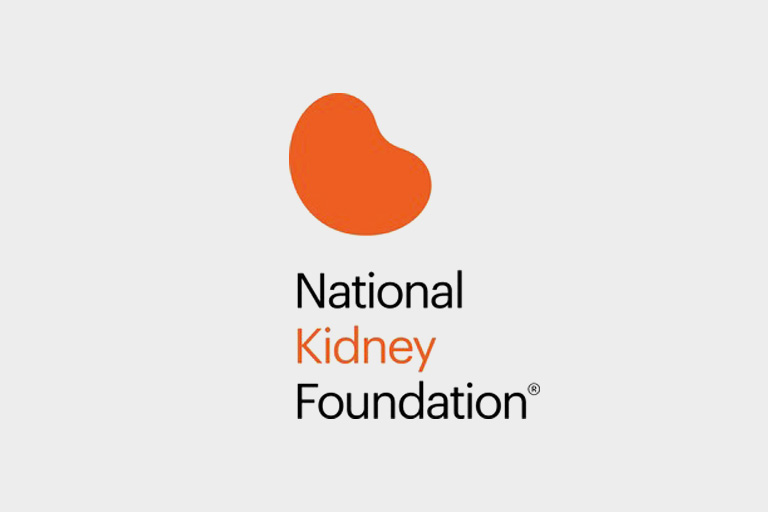Today the National Kidney Foundation (NKF) is launching a social media ad campaign urging California voters to Vote NO on Prop 8, a ballot initiative which, if passed, could have devastating long-term effects on dialysis patients and result in cuts to their care.
With a bold and direct approach to “calling it what it is” the social ads demonstrate how Prop 8 looks deceivingly good until you realize the effect it will have on dialysis patients, who are among the most vulnerable of all kidney patients. Using slogans like “The Abandon Kidney Patients Act” and “The Leave Low Income Patients Behind Act” the promotional social campaign alerts the public to the very real dangers of what may occur if Prop 8 passes on November 6th.
“Prop 8 in California is dangerous for dialysis patients,” said Kevin Longino, Chief Executive Officer, National Kidney Foundation and a kidney transplant patient. “While dialysis providers have room for improvement, including the frequency of facility inspections, Prop 8 will not have that effect. The National Kidney Foundation opposes all cuts in funding to patients and opposes Prop 8 because it is a bad policy for patients.”
“Prop 8 is not what it appears. It is special interest groups playing hardball with the dialysis companies and trapping kidney patients in the middle,” said Derek Forfang of San Pablo, California, a kidney transplant patient who spent 12 years on dialysis. “Taking money from dialysis companies and giving it back to big insurance companies will help patients? I don’t think so!”
Prop 8 is a ballot initiative in California that would try to make changes to the dialysis industry by capping reimbursements to dialysis providers at 115%. It has been called by many names including “The Fair Pricing for Dialysis Act” but it is anything but fair. Prop 8 will require dialysis companies to issue refunds to payers, most of which are private insurance companies not patients, if their revenue exceeds their patient care costs by more than 15%. It also claims it will drive dialysis companies to invest in more staff, improve quality patient care and improve cleanliness of dialysis clinics. But the reality is that dialysis providers will close clinics in lower-income neighborhoods and rural areas throughout the state of California. As a result, dialysis patients will end up with serious cuts in available services for their care.
“Prop 8 is gambling with patients’ lives; it assumes that dialysis providers will change their business model and that this change will result in helping patients,” added Longino. “But Prop 8 does not clearly define how a cap in reimbursement for care will be reinvested to benefit patients or dialysis facility employees; and does not outline any oversight necessary to ensure excess funds are redirected towards benefitting patients. It further does not explain how giving money back to insurance companies will trickle down to benefit patients. The only choice is to Vote NO on Prop 8.”
The “Vote NO on Prop 8, Call It What It Is” social ad campaign will run through election day on November 6, 2018. The campaign was developed by the creative agency Berlin Cameron.
Visit advocacy.kidney.org to take action and help stop Prop 8 from cutting care to dialysis patients.
About Dialysis
Nearly 680,000 Americans have irreversible kidney failure, or end-stage renal disease (ESRD), and need dialysis or a kidney transplant to survive. More than 475,000 ESRD patients receive dialysis at least three times per week to replace kidney function. And 121,000 people started ESRD treatment in 2014, of which 118,000 started dialysis. In California, there are approximately 66,654 dialysis patients.
About Kidney Disease
In the United States, 30 million adults are estimated to have chronic kidney disease—and most aren’t aware of it. 1 in 3 American adults are at risk for chronic kidney disease. Risk factors for kidney disease include diabetes, high blood pressure, heart disease, obesity, and family history. People of African American, Hispanic, Native American, Asian, or Pacific Islander descent are at increased risk for developing the disease. African Americans are 3 times more likely than Whites, and Hispanics are nearly 1.5 times more likely than non-Hispanics to develop end stage renal disease (kidney failure).
The National Kidney Foundation (NKF) is the largest, most comprehensive and longstanding organization dedicated to the awareness, prevention and treatment of kidney disease. For more information about NKF, visit www.kidney.org
Contact:
Facebook.com
Twitter:@NKF
www.kidney.org
SOURCE National Kidney Foundation




























